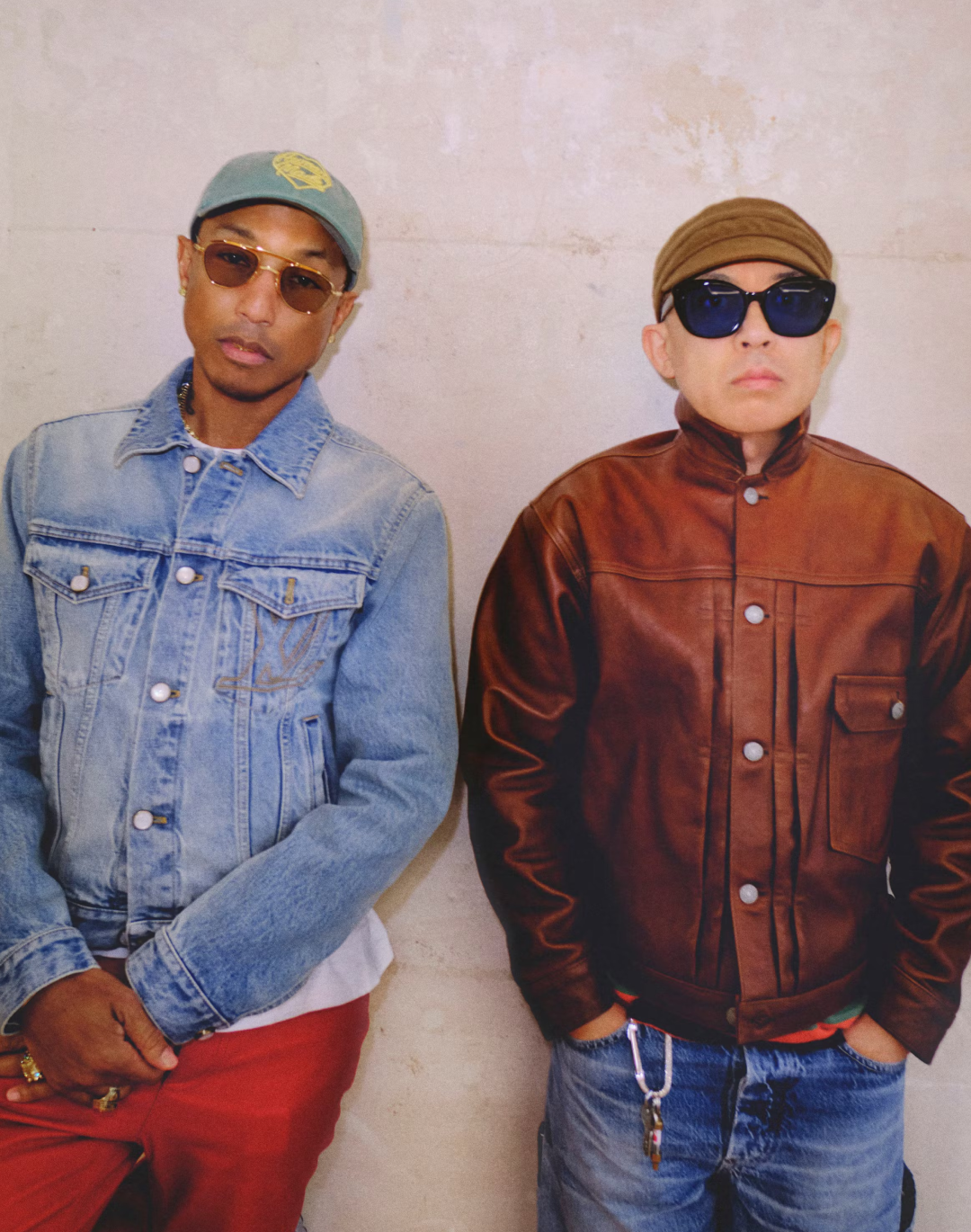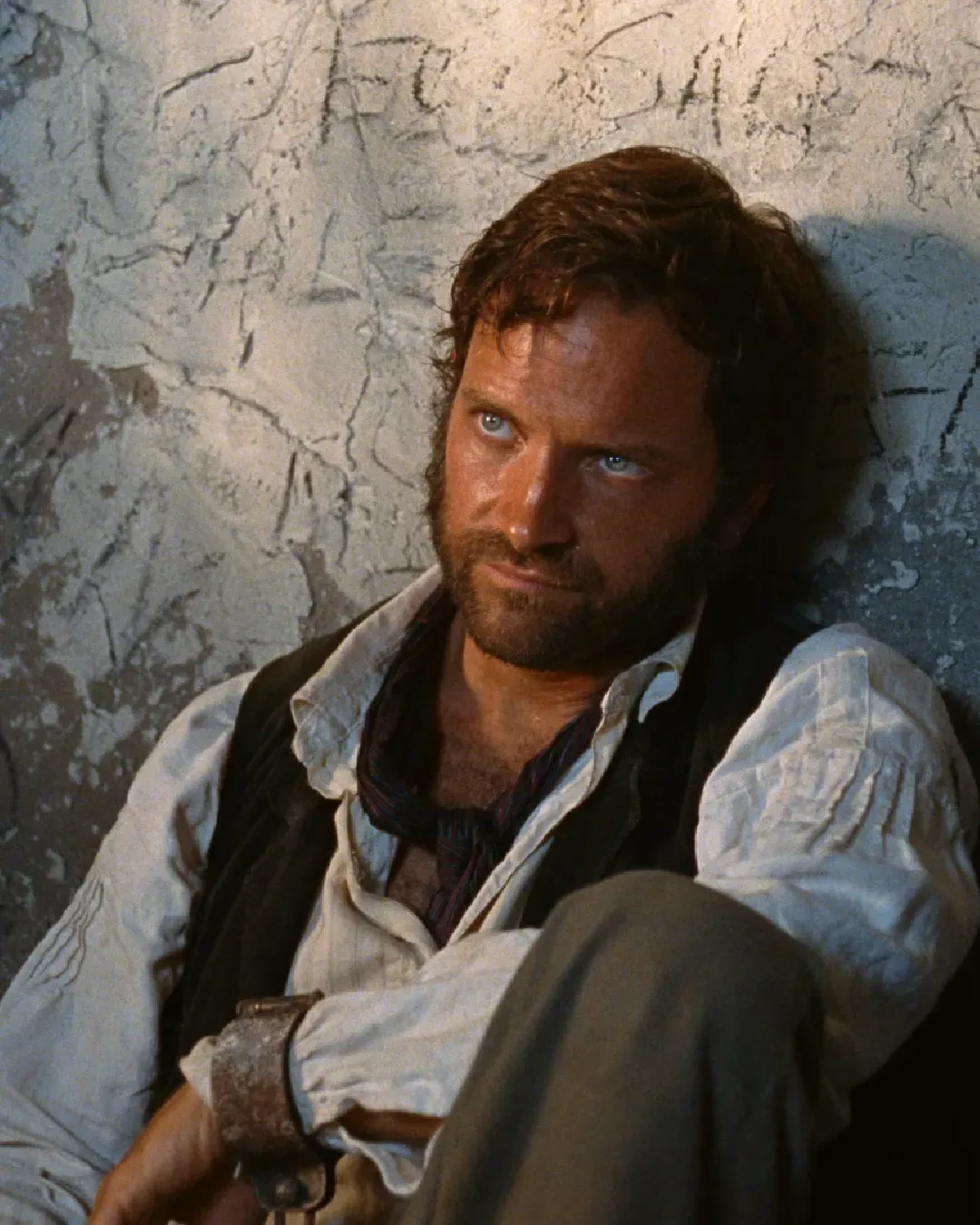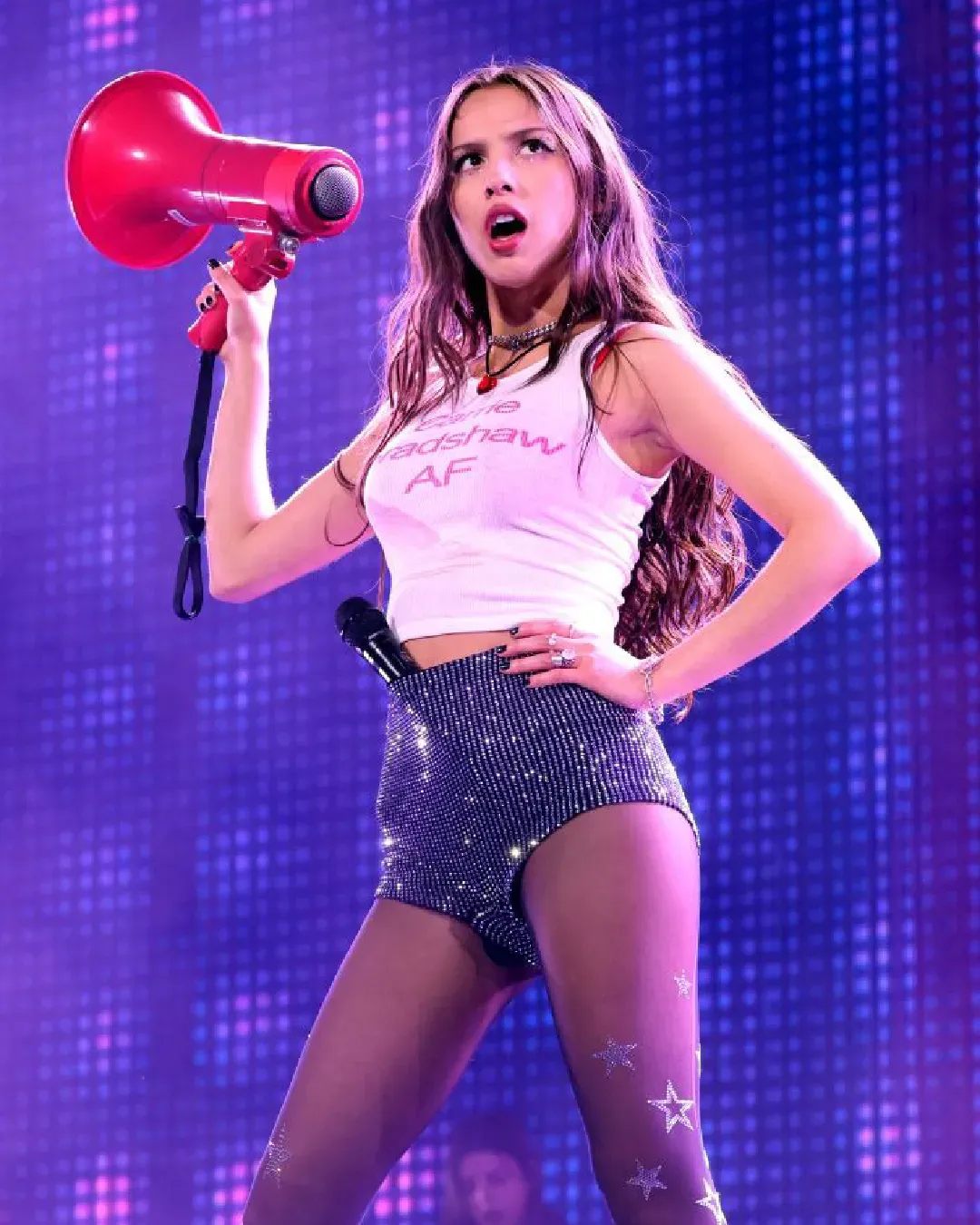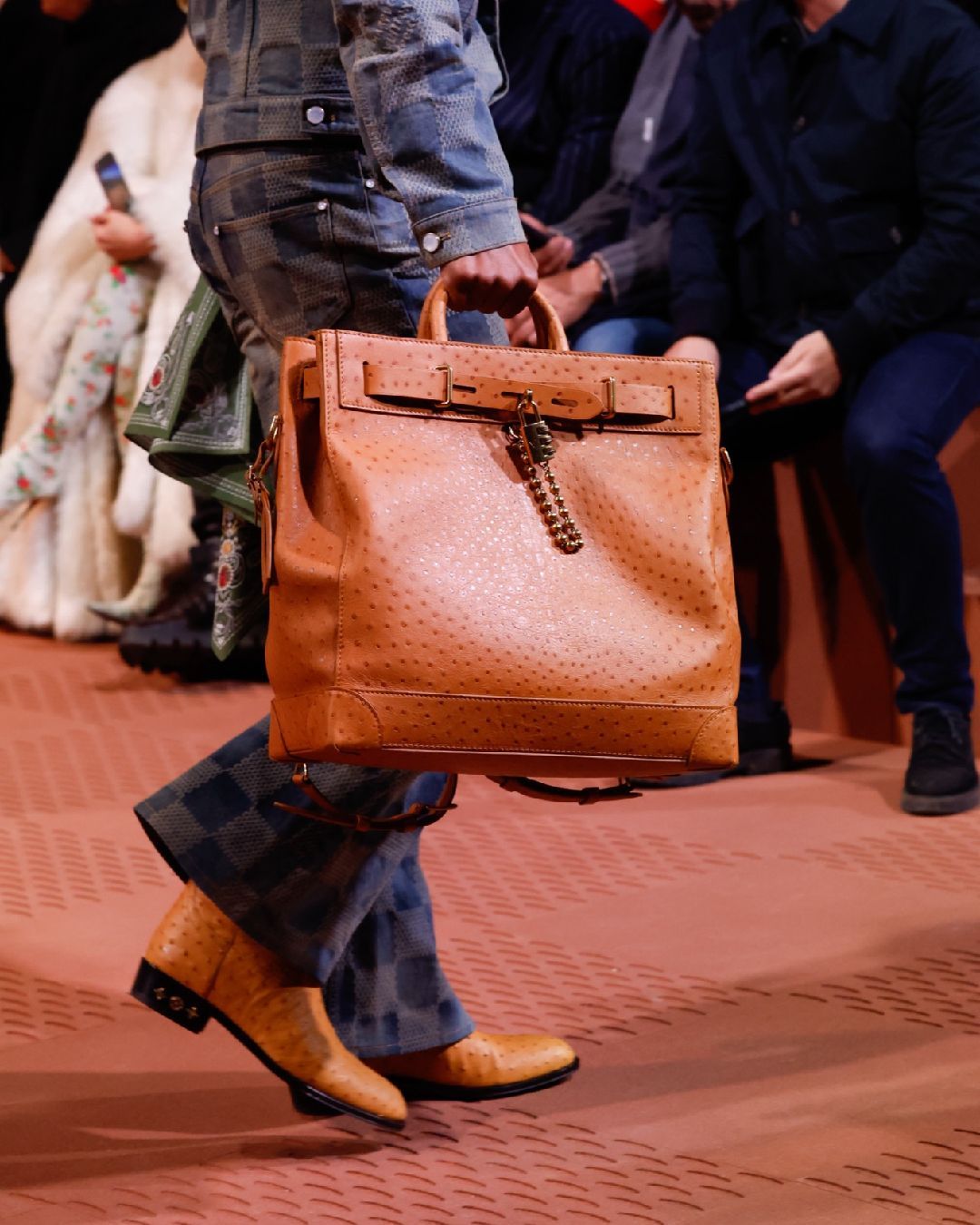
What is this cowboy craze? Deconstructing the return of a great American myth.
The cowboy myth may seem superficial to us Europeans, but in America, it holds fundamental importance, an epic role. The great saga of the American West is more than just the collective tale of conquering a territory, with its saints and monsters; it's a narrative channel through which the American mentality describes itself and its changes. Above all, Western culture is something alive and current today, in a historical moment where the entrance of an African-American singer like Beyoncé into the country music genre has sparked several debates on what Western culture is and to whom it belongs – now reinterpreted in the perspective of minorities' reappropriation of national narratives that had previously ignored or excluded them.
“Beyoncé Sets The Trend!!!”
— Bey Meat (@BeyMeatPW) February 22, 2024
KIM K, PHARRELL, DIPLO, BELLA HADID
HOLLYWOOD ROCKIN' COWBOY HATS.https://t.co/U9iDOdLO5f
Beyoncé is the most striking and recent case, perhaps the most culturally relevant at the pop level, given that mega-stars like Miley Cyrus and Taylor Swift were born into the country world, and the upcoming albums by Lana Del Rey and Post Malone will belong to the genre. Country music today is also narrated through the global mechanism of fashion, with numerous reference figures of today's image culture (Bella Hadid above all, but also Kendall Jenner or Kim Kardashian) starting to incorporate cowboy hats, flared pants, and pointed shoes following Louis Vuitton's FW24 collection signed by Pharrell Williams, but also many other designers who filled recent catwalks with fringes, Clint Eastwood-style hats, Texan boots, and cascades of denim. And denim itself is one of the keystones of this great Western revival, so much so that Beyoncé herself titled one of the tracks of her Cowboy Carter Levii’s Jeans, and recently, Levi’s was named the Most Trustworthy Company in America in the field of clothing in a Newsweek and Statista survey.
The dream of a lifestyle?
It was said that denim is the keystone of this great comeback, which, in turn, fits into a broader change in collective taste that has emerged in recent months, establishing the new paradigm of clothing as a uniform composed of oversized or flared jeans, leather jackets and shoes, checkered shirts, Western belts, 70s-style glasses, as well as mullets and various types of mustaches. It's a movement rooted in workwear, that "old-school man" uniform refreshed by strong (and perhaps unconscious) queer winds, and indebted both to the drugstore cowboys imagined by Hedi Slimane for Saint Laurent and Celine, and to the imagery of Los Angeles and Californian ranches, which sought more enduring and less infantilizing archetypes than streetwear tracksuits and slippers – but not less carefree for that. Indeed, the cowboy repertoire is quite specific and sectoral, more a costume than a style, finding some breath by referring both to the broader imagery of American proletarian wardrobe (lumberjack shirts, work boots, variations on trucker jackets and bleu de travail) and to that of a rock star like Jim Morrison, who, deeply fascinated by the desert world of New Mexico and the culture of Native Americans, would fuse, in the late '60s, the wardrobe of the heroic and respectable American cowboy with the mystical and hedonistic suggestions of the rock star.
@notfashunjustin Someone buy me a cowboy hat
But what is striking is that the cowboy trend is not positioning itself as a flash in the pan of a single season but basically started with Lil Nas X and his Old Town Road and then spread beneath other seasonal trends, living in the prolonged obsession for pointed cowboy boots, of which Hedi Slimane is the main promoter, and that has been going on since before the lockdown, extending to the mania for the mega-leather jacket and workwear launched instead by Miu Miu. Not surprisingly, in the past season, individual elements of this aesthetic were taken up without necessarily evoking the cowboy: just think of the latest Bottega Veneta show that reproduced the desert environment with blown glass cacti and scorched wood on the floor; but also to the look books of brands like ERL and Phipps that seem to want to recall a 1970s America bathed in summer sun, steeped in a spontaneity and youthfulness in stark contrast to today's fragile days, made of fixations, neuroses, traumas, and endless quarrels. But the '70s drift is just a branch of a Western aesthetic that, as mentioned, Pharrell and Beyoncé (we speak only of them on behalf of all the others) use to search for the root and above all the reason for a certain way of dressing – in this sense, the cowboy aesthetic perhaps represents the attempt to establish a system, a genealogy in which to place oneself and from which to move.
Who owns country?
However, there is a fundamental distinction to be made: the cowboy aesthetic has different meanings in its native country, namely the United States, and elsewhere. If the cowboy seen by European brands exists in a completely romantic (even postmodern) dimension, the American one estheticizes the past by commenting on it – its dimension is, in certain respects, even marginal, political. Both Pharrell's and Beyoncé's operations move within the context of a cultural assertion, namely that of redefining a part of the American national epic by first diving into the space most dominated by a certain type of conservatism and then recalibrating its narrative to address an America old enough to confront its historical choices and rethink its past. A mindset that, in the post-BLM world, has found strong affirmation, also flourishing between cinema and TV a sub-genre that we could define as Black Western, started with Django Unchained and then continued with Hell on the Border, Nope, The Harder They Fall, and Harriet, the series The Underground Railroad, The Great Lord Bird, and Lawmen: Bass Reeves.
@mathias.ae the "D" is silent. // #django #jamiefoxx #quentintarantino #fyp #edit #viral #movies #foryou #djangounchained original sound - mathias
Even the Western elements in Barbie, which referred to the campiness of mid-century American iconography, were in a context of redefining a narrative, of reversing a fixed role. In globalist times, where patriotism is used more as a sword than as a shield, where national identity is attached to rhetoric defined by the exclusion and separation of communities, the most important American creatives in music and the pop scene assert their presence as characters now nationally popular after a genre certainly more socially connoted like hip-hop and the related streetwear has become bourgeois, no longer the voice of excluded communities but a commercial vehicle to be resold worldwide, becoming, in essence, inauthentic.
In search of authenticity
And, to talk about real life and not art, the transfer of Bella Hadid to Texas, which saw the top model immerse herself in a "common" world made of rodeos, cowboy hats, group lunches, horses eating hay, and smiles with all thirty-two teeth, works narratively because it's the classic story of the city girl seeking life and feelings more authentic than those offered by the alien and alienating world of fashion. A sentiment echoed by Beyoncé in talking about her album, whose sounds she described as "so organic and so human", informed by a "deeper connection with purity" adding "With artificial intelligence, digital filters, and programming, I wanted to return to real tools". Country as authenticity, then – but is it really authenticity? Yasmin Williams, in The Guardian, compares Beyoncé's operation with traditional country music, noting how the latter spoke of stories of outcasts, criminals, and murderers or in any case of ordinary people and writing that "the difference in the lyrics shows the change in the ethics of country music, which shifts from an authentic exaltation of the experience of the underclass to a shortcut to perceived authenticity". It's clear that this discussion partially eludes the European mind, for which the countryside and folklore are quite another thing, and for which the socio-political context of the United States is ultimately a distant world, especially in its divisions. Which, for those who live on this side of the Atlantic, is undoubtedly an advantage: when we wear pointed boots and bootcut jeans, we indulge in romanticism – for Americans, the stakes are much higher.















































